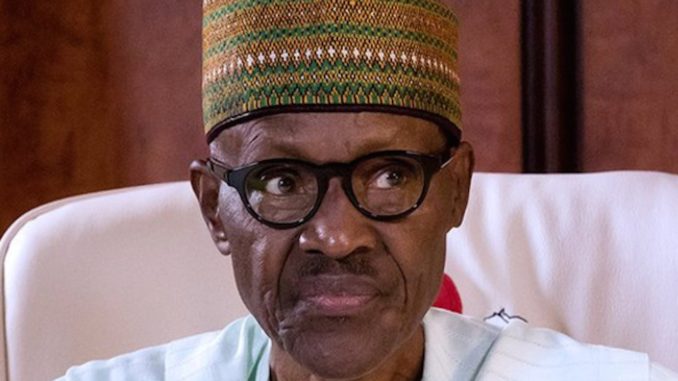
SPEAKING on the Sunrise Daily programme on Channels Television this week, Senior Special Assistant to the President on Media and Publicity, Mallam Garba Shehu, revealed that President Muhammadu Buhari recently ordered the Statistician-General of the Federation and chief executive officer of the National Bureau of Statistics (NBS), Dr. Yemi Kale, to change the high unemployment statistics released by the bureau in order to reflect the rising rate of employment in the agriculture sector. According to him, the NBS boss had admitted during a recent meeting with the Federal Executive Council (FEC) that the bureau had only focused on the creation of white collar jobs and not the agriculture and informal sectors. Shehu added: “ The data has been unfair to the administration. It ignored job creation in the areas of agriculture, but that is now being integrated and Nigerians will be impressed.”
In reaction, however, the NBS boss denied making the claims attributed to him. He stated: “I make it clear that neither the statistician-general nor the NBS ever made any such admission at any time to anybody. The unemployment computations take into account all sectors, age groups and both rural and urban areas.” To say the least, President Buhari’s directive to the NBS is unfortunate. It is an embarrassing case not only of naivety in public office but also gross abuse of power. As an independent, non-partisan organisation, the NBS has consistently rolled out data on the job situation in the country and, to the best of our knowledge, at no time has the Federal Government directed it to alter the job statistics in the country for whatever reason. Such a directive is not only provocative, it sends the signal that the government intends to rob the organisation of its independence. Indeed, the president’s directive raises the question whether the NBS boss would have been asked to alter the unemployment statistics in the country if the figures had been in the government’s favour.
The directive to the NBS boss becomes even more confounding when the fact of its composition as a statutory body that necessarily has the input of the government in its running is considered. The NBS has a board comprising, among other institutional members, the Minister of National Planning Commission, Governor of the Central Bank of Nigeria, Minister of Finance, Minister of Agriculture, Minister of Education and the group Managing Director of the Nigerian National Petroleum Corporation (NNPC). What is more, the chairman of the board is appointed by the president. That being the case, the government cannot come outside the normal functioning of the bureau and be making observations, let alone issuing directives on its data. Indeed, after the laid-down processes of the NBS’ running have been observed, it has nothing to do with the government.
Besides, the directive violates international best practices. The NBS is a scientific organisation and this is why global statistical organs and agencies like the International Monetary Fund (IMF) and the United Nations (UN) rely on its data when talking about Nigeria or making cross-country comparisons. When the statistics rolled out by the bureau become corrupted through government influence, however seemingly well-meaning, it loses its credibility and savour as an internationally recognised agency, with very serious consequences for the country. It is unheard of anywhere in the world to control statistical agencies. The data they provide is driven by research and not the corruptive influence of the government and that is why it can be validly used in planning.
Truth be told, the increasing rate at which national institutions are being abused under this administration calls for concern. For instance, in an act which will remain a sore reference point in the country’s democratic history, the Economic and Financial Crimes Commission (EFCC) openly celebrated the defeat of the Peoples Democratic Party in this year’s governorship election in Ekiti State. On its part, the Department of State Services (DSS) laid a siege to the National Assembly on two separate occasions and truncated legislative work, while officers and men of the Nigeria Police laid a siege to the residences of Senate President Bukola Saraki and his deputy, Ike Ekweremadu, without any explanations offered to a befuddled populace.
On its part, the West African Examinations Council (WAEC) not only issued a school leaving certificate to President Buhari in controversial circumstances but also deployed its Registrar, Dr Iyi Uwadiae, to the Villa to present the certificate in an elaborate ceremony, setting a precedent that cast a huge slur on its integrity as an examination agency. The fact that none of the persons who perpetrated the series of atrocities listed here has been charged to court, let alone prosecuted, provides a solid basis for believing that the Buhari administration needs to do very serious soul searching regarding its anti-corruption stance.
It is time the Buhari administration learnt the limits of its powers. It cannot continue to deploy national institutions in the service of an unclear agenda. Denying national institutions of the independence required to perform their constitutional roles is the worst possible form of corruption.
END

Be the first to comment